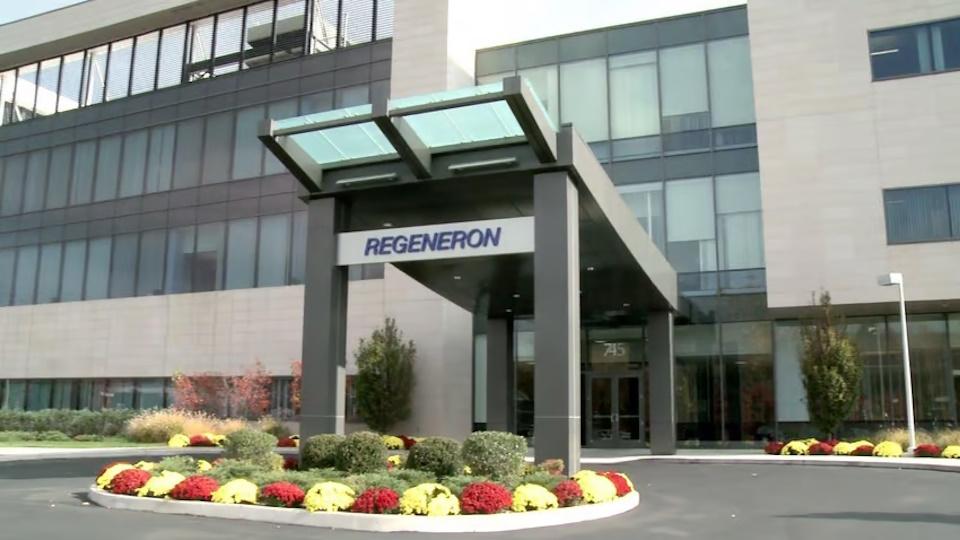Life science leaders sign new ‘Biotech Social Pact’ for Europe

The signatories of a new Biotech Social Pact with Europe and patients explain why healthcare calls for a new social contract, not a pharmaceutical strategy.
As Europe continues its efforts to battle the Covid-19 pandemic, it is rightfully focusing its attention on the longer-term implications of this crisis. One common thread is clearly emerging from EU and national discussions: to reinforce Europe’s “strategic autonomy” and “technological sovereignty” in key industrial sectors.
This is a key theme of the EU recovery plan but also the EU4Health and expected new “Pharmaceutical Strategy” that will “aim to ensure Europe's supply of safe and affordable medicines to meet patients' needs and support the European pharmaceutical industry to remain an innovator and world leader”.
This makes a lot of sense.
Yet, it misses that besides the death toll, the greatest impact was to lay bare the structural weaknesses of our societies, in particular, in the field of social and human rights. Former UN High Commissioner for Human Rights Mary Robinson called for a new Social Contract. Many more voices are echoing such claims. Healthcare should be no different, and at the age of COVID-19 when many US and European biotech companies are emerging, it might be time to rethink our own Social Contract or Pact.
As leaders from biotech companies in the US and in Europe, we want to be a positive force and partners to European and national authorities and European citizens and patients in developing that Social Contract. Traditionally, the Social Contract between biotech companies and society is that we have a system that guarantees a continued investment in scientific progress that ultimately yields affordable, effective therapeutics for future generations. The intellectual property and regulatory framework are the perfect illustration of that Social Contract: incentives and rewards for a period of time and then medicines become a public good forever. Dexamethasone and its value in the COVID-19 therapeutic arsenal is the embodiment of the Social Contract. As Peter Kolchinsky puts it in his 2018 article Let’s Throw a Patent-Burning Party – “When a drug goes generic, it’s as if society has paid off a mortgage”.
We still believe and abide by this fundamental mechanism behind our Social Contract – Incentives, Innovation, Reward and Return to society. We are amid a new biotech revolution – some anticipate a Golden Age of biotech. After a bittersweet story of trial and errors, dramatic failures and modest success we are contemplating a vibrant pipeline with disease-modifying and potentially life-saving treatments for patients in rare diseases but also beyond. Take COVID-19 again, where several new technologies are a vibrant part of the pipeline.
But perhaps our Social Contract is no longer delivering on its promises. We regularly hear complaints about price gouging, intellectual property abuses, aggressive negotiation strategies. It is equally fair to say that new technologies – besides the opportunities they represent – come together with their share of risks and disruptions. And we are all generally frustrated when indisputable medical breakthroughs are not available, due to the time and efforts it takes us collectively to bring them to patients.
When looking at a New Social Contract, we should not focus on the past, but look at what lies ahead of us. This is true for both parties – for public authorities, it is essential not to cede to the temptation to throw away the baby with the bathwater, and challenge completely the value of the innovation we bring, and the benefits of rewarding it. But for companies like us, it is also important to provide some solutions to ensure access to innovation, to act with responsibility and integrity and to be committed to patients and to Europe.
Many of our companies are pre-commercial or years away from profitability. Yet, we bring life-changing technologies today, and we believe we can do much more tomorrow. Our ability to strive to survive will require us to continually innovate. Our innovation will go hand in hand with increased partnerships in Europe with academia, healthcare professionals, patients and society as a whole – for our R&D, but also when setting-up new operations for the supply of our medicines. Our innovation will become a public good for future generations.
We will do well by doing good – and that’s the commitment we want to take towards Europe today. To fulfil our obligations to patients, physicians, public authorities across Europe and to renew trust and confidence in how we deliver on our mission, each of us affirms a New European Biotech Social Contract.
This implies a series of commitments on intellectual property and regulatory incentives; innovative pricing, reimbursement and access solutions; and many more. To this end, over 60 life sciences leaders gathering CEOs of European and US Biotech, investors and other stakeholders are signing today “A new European Biotech Social Pact with Europe and Patients”.
We hope many more will support us and join us in the future, and in particular from public authorities and other stakeholders. For us to be able to make such commitments, it is equally important to have an open discussion on current systems and how they can be reformed to encourage more innovative pricing, funding and access mechanisms that could help speed up access. While Europe has a clear role to play, national initiatives will be key to ensure access.
We know this will be a long journey. We know that this may need further discussions with interested parties – perhaps heated debates – but we believe in our ability to respect each other, the alignment of our interests, and fundamentally the best intentions of each other in improving healthcare today and tomorrow.
“Men are born free, yet everywhere more are in chains” – with this provocative opening, philosopher Jean-Jacques Rousseau started laying the foundation of the Social Contract theory. And as Constitutions are not chains but the greatest safeguard to freedom, a new Biotech Social Contract should be the set of rules for everyone that guarantees better innovation and better health.
Authors
John Crowley, J.D., Chairman and CEO, Amicus Therapeutics, Cranbury, NJ
Daniel A. de Boer, CEO, ProQR Therapeutics, Leiden, Netherlands – Cambridge, Massachusetts
Paul Hastings, CEO, Nkarta Therapeutics, South San Francisco, CA
Rachel King, CEO, GlycoMimetics, Inc., Rockville, MD
Jeremy Levin, D.Phil., M.B. B.Chir., Chairman and CEO, Ovid Therapeutics, New York, NY
Ted Love, M.D., CEO, Global Blood Therapeutics, South San Francisco, CA
John Maraganore, Ph.D., CEO, Alnylam Pharmaceuticals, Cambridge, MA
Hans Schikan, Board member and former chairman a.i. of Health-Holland, The Hague, Netherlands
Onno Van De Stolpe, CEO, Galapagos, Mechelen, Belgium













